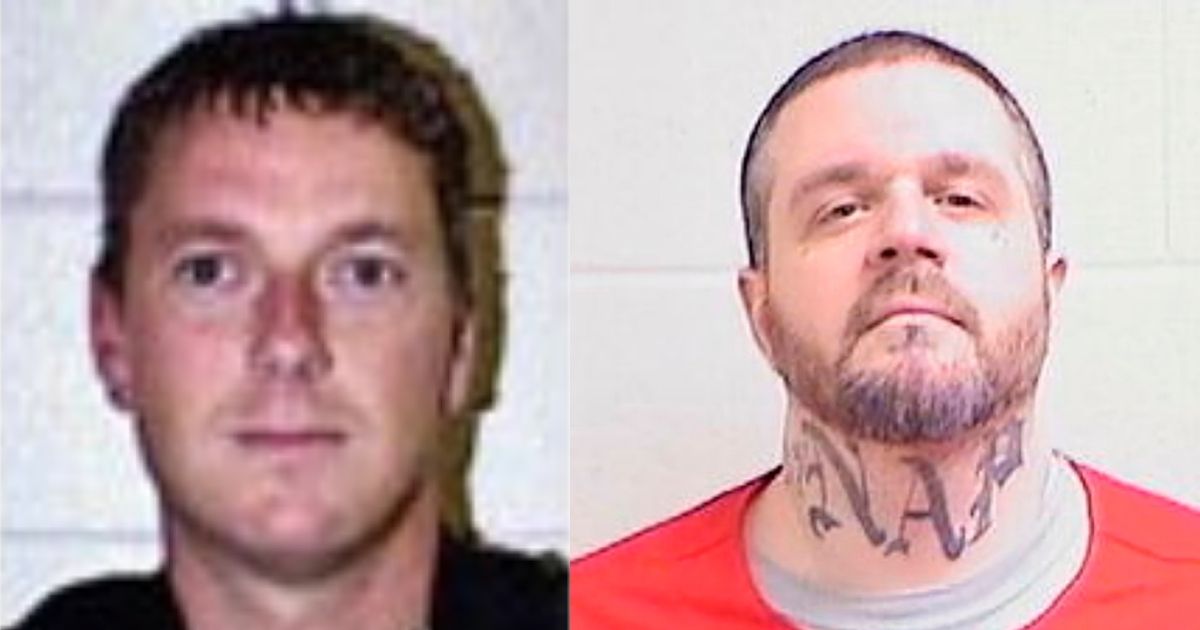Tuesday, May 20, 2025, became another dark day in the history of Indiana. In the early hours of this day, Indiana carried out the execution of Benjamin Ritchie by lethal injection. Execution took place at the Indiana State Prison in Michigan City.
This is only the second execution in the state over the last 15 years and brought renewed attention to the ongoing debate about capital punishment across the country.
The execution was legally sanctioned. Yet it ignited widespread debate over capital punishment. The matter became more complicated due to the complex mental health issues raised in Ritchie’s defense.
His death has become an important point in conversations about justice, rehabilitation, and the moral implications of the death penalty.
Benjamin Ritchie was sentenced to death for the killing of Beech Grove Police Officer William “Bill” Toney in 2000. The incident occurred during a foot chase that followed a vehicle theft. At the time, Ritchie was on probation for a prior burglary conviction.
Benjamin Ritchie executed for murder of #BillToney in 2000. #Indiana sees it ‘s second execution in last 15 yrs.#DeathPenalty #CapitolPunishment pic.twitter.com/K9dUYQV6fP
— Dr. Subhash (@Subhash_LiveS) May 20, 2025
Conviction of auto theft would intensify the charges against him. The murder of Officer Toney shocked the local community. It also initiated a years-long legal battle over the appropriate punishment for Ritchie.
The court battle was long and brutal for all. Ritchie’s defense team highlighted significant mental health challenges. They cited fetal alcohol spectrum disorders, early childhood lead exposure, and a bipolar diagnosis. They argued these impairments severely limited his decision-making abilities.
Despite these factors, courts remained unconvinced. His mental health could not justify the exemption from the death penalty. The Indiana Supreme Court denied his appeals, and Governor Mike Braun rejected his request for clemency. The U.S. Supreme Court also declined to intervene. Therefore, Ritchie was the second convict to receive capital punishment in recent years.
The U.S. Supreme Court has denied a stay of execution to Benjamin Ritchie, who is scheduled to be put to death in Indiana just past midnight Central time. https://t.co/uC2y2yOdJY @INAbolition pic.twitter.com/JTK3SBWCgf
— Robert Dunham (@RDunhamDP) May 20, 2025
Ritchie chose a last meal from Olive Garden. During the last hours of his life, he expressed deep remorse for his actions. While he was preparing for his execution, he also stated that he had ruined his and other people’s lives. He also expressed deep remorse for his actions on the fateful night.
In his final words directed at his loved ones, he conveyed love and peace. It was a sharp contrast to the violence that he would forever be associated with. These words struck a chord with both supporters and critics. They illustrated the complex emotional and ethical terrain surrounding the execution.
Indiana Governor Mike Braun has DENIED clemency for Benjamin Ritchie.
— Midwestern Americanist (@TheMidwesternA1) May 14, 2025
Governor Braun made the decision not to grant clemency. This decision was met with condemnation from advocacy groups. These groups argued that executing individuals with developmental disorders is a violation of basic human rights.
Outside the prison, protests and vigils were also held. They showcased a public outcry against the use of capital punishment.
Benjamin Ritchie was executed by the state of Indiana on May 20th. This is one of two executions in the U.S. today. We oppose the death penalty as a violation of the right to life and as the ultimate cruel, inhuman, and degrading punishment, and we will never stop working to… pic.twitter.com/veixLXch0v
— Amnesty International USA (@amnestyusa) May 20, 2025
Different Faith leaders participated in these demonstrations. It also included Catholic priest Richard Holy. He urged compassion and a reevaluation of justice. They argued against the executive and emphasized that executions do not heal communities but often prolong pain.
As Indiana confronts its role in capital punishment, the execution of Benjamin Ritchie serves as a sobering reminder of the justice system’s power—and its deeply human consequences.













